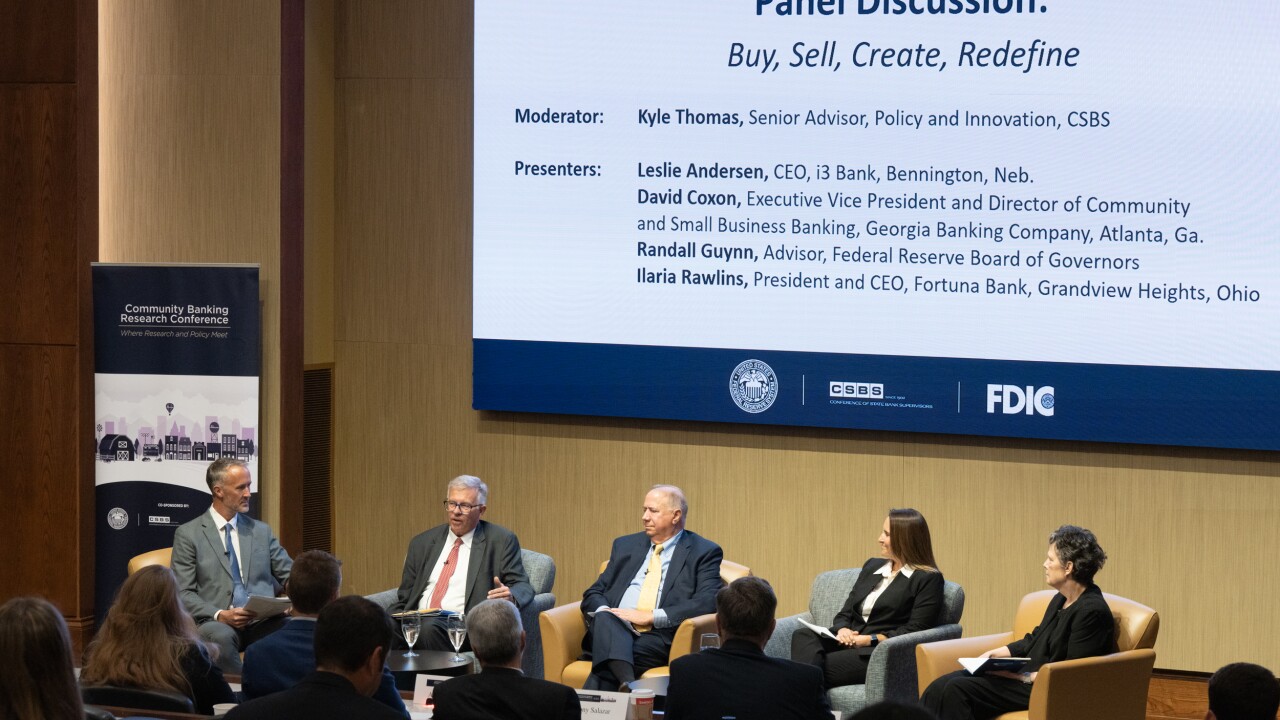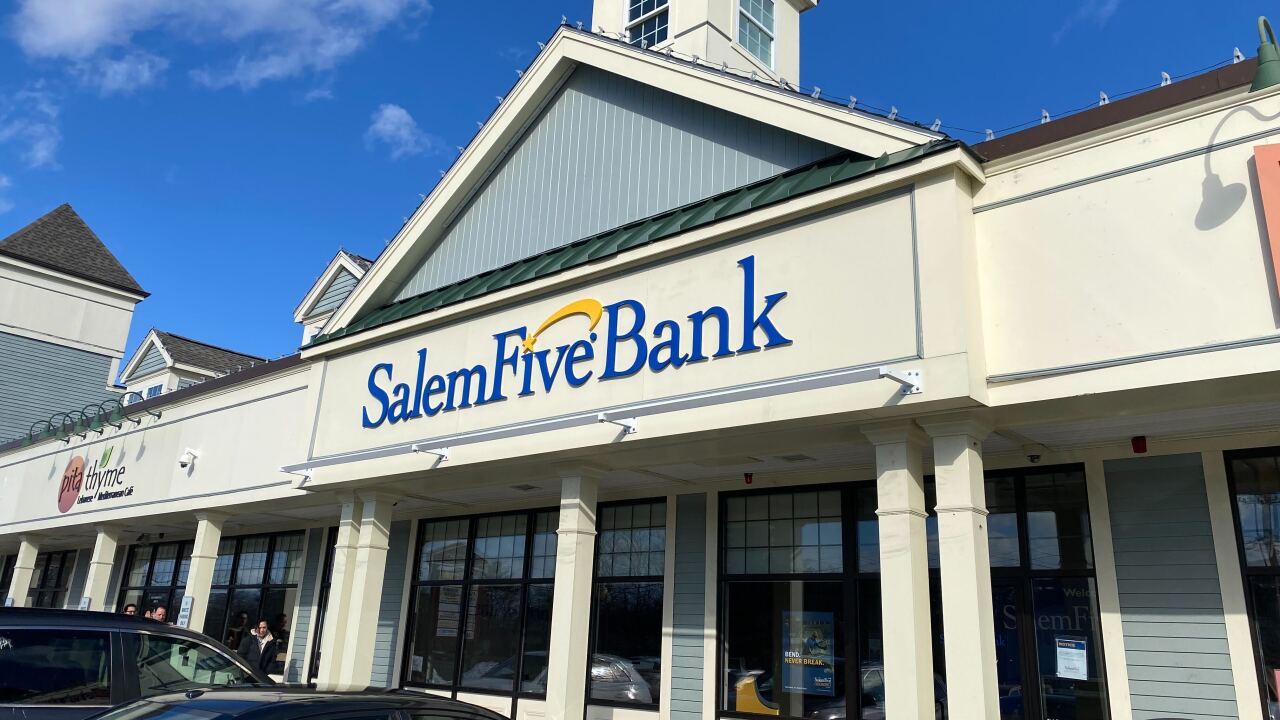IVR Technology Group LLC’s Pay-by-Phone virtual terminal now can process check payments through a partnership with processor Global eTelecom Inc., the phone automation services provider announced Nov. 22.
Buffalo, N.Y.-based IVR added the automated clearinghouse payment capabilities to its existing credit card processing through a voice-over-Internet-protocol network, the company stated in a press release.
Based in Fort Walton Beach, Fla., Global eTelecom provides proprietary electronic check processing and gift and loyalty card services to more than 55,000 merchants nationwide, the release stated.
Merchants or consumers dialing the Pay-by-Phone number receive a company-specific greeting and instructions on how to complete their electronic payments through automated prompts. However, they do not provide sensitive card or check-routing data to another person, John Crouthamel, IVR executive vice president, tells PaymentsSource.
Customers paying with a check verbally provide the bank-routing and account information from a check’s magnetic ink character recognition line, which Pay-by-Phone forwards to the Global eTelecom payment-processing network, Crouthamel explains.
Merchants alert customers to the Pay-by-Phone option by displaying the dedicated phone number on their websites or through advertising, Crouthamel says.
IVR and Global eTelecom are not merging, and neither is acquiring a division or portion of the other under the strategic partnership, which they established to share services and expertise, Crouthamel says.
Global eTelecom merchants and their customers benefit from the Pay-by-Phone option because it is available 24 hours a day and provides payment services in case of emergencies. IVR Technology Group benefits by adding ACH-payment capability and by providing services to Global’s customer base, Crouthamel says.
“When small businesses sign up for the service, they like to have it as a backup during a power outage in which their credit card swipers are not working,” Crouthamel adds. Instead, they can call the transaction in.
“It also works well for merchants or sales staff on the road, maybe making a sale at a trade show [without access to a card swiper],” he says.
Because the voice-over-IP network does not store card or banking data, businesses using the service would comply with the Payment Card Industry Data Security Standard, Crouthamel says.
The call prompts follow NACHA and Global eTelecom guidelines, the press release stated.
IVR provides technical support for the system interfaces and its customer management software, but merchants do not need to purchase additional hardware or software, the release stated.
“This partnership with IVR Technology Group will substantially enhance payment processing options for our clients by integrating Global eTelecom programs into the Pay-by-Phone virtual terminal,” John Laurell, Global eTelecom vice president of technical operations, stated in the release.
Merchants and their customers will be comfortable with the Pay-by-Phone security because it “removes the human element” when dealing with card data or bank routing information, Crouthamel contends.
If a merchant uses live call centers to sell merchandise or services, IVR works with those centers to collect the credit card data, Crouthamel says.
When a call center employee gets to the point of accepting credit card information, he would transfer the call to the Pay-by-Phone system, which would be programmed to return the call to the center after credit card data has been obtained, he adds.
Julie Conroy McNelley, senior analyst and fraud expert with Boston-based Aite Group, tells PaymentsSource that “people themselves” are always a major point of security failure in any type of pay-by-phone payment scheme.
“This [IVR Pay-by-Phone] is a great system by taking the human element out of the card data acceptance process,” McNelley says. “Of course, you want to be sure that the phone system capabilities are secure.”
What do you think about this? Send us your feedback.




